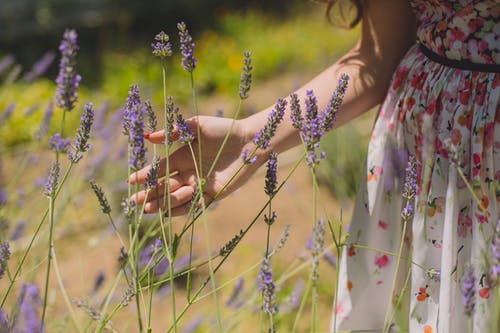Stress and anxiety are common issues that affect many people in today's world. According to the World Health Organization (WHO), stress is the "health epidemic of the 21st century" and anxiety disorders are the most common mental health disorder globally. Here are some statistics on stress and anxiety:
-
Prevalence: The WHO estimates that around 264 million people worldwide suffer from anxiety disorders. In the United States, it is estimated that around 40 million adults (18.1% of the population) have an anxiety disorder.
-
Work-related stress: The WHO estimates that around 25% of people report feeling very stressed by their work. In the United States, it is estimated that around 80% of workers feel stressed on the job.
-
Impact on mental health: Stress and anxiety can have a negative impact on mental health and can lead to conditions such as depression, post-traumatic stress disorder (PTSD), and suicide.
-
Impact on physical health: Stress and anxiety can also have a negative impact on physical health and can lead to conditions such as heart disease, diabetes, and obesity.
-
Cost: The economic cost of stress and anxiety is significant. In the United States, it is estimated that stress and anxiety disorders cost around $42 billion in lost productivity each year.
While medication can be effective in managing these conditions, some people prefer to try natural remedies before turning to pharmaceuticals. Here are a few natural remedies that have been found to be effective in reducing stress and anxiety:
-
Exercise: Regular physical activity is a great way to reduce stress and anxiety. Exercise releases endorphins, which are chemicals in the brain that act as natural painkillers and mood elevators. Even a short walk can make a big difference.
-
Yoga and meditation: These practices have been used for thousands of years to reduce stress and anxiety. They help to calm the mind and body, and can also improve sleep.
-
Essential oils: Certain essential oils, such as lavender, lemon, and peppermint, have been found to have a calming effect on the body and mind. They can be used in diffusers, added to bath water, or applied topically.
-
Aromatherapy: Aromatherapy is the use of essential oils from plants to improve physical and emotional well-being. The practice has been used for thousands of years and has been found to be an effective natural remedy for reducing stress and anxiety. Check out our bath salts, body butters and linen spray which are wonderful ways to incorporate aromatherapy in your daily routine.
-
Journaling: Some research suggests that journaling and other forms of writing can help people to cope better with anxiety. For example, many studies have found that emotion-based journaling may reduce mental distress and improve overall well-being.
It's important to note that everyone's experience with stress and anxiety is unique and what works for one person may not work for another. Consult with your healthcare provider before trying any new treatment.

